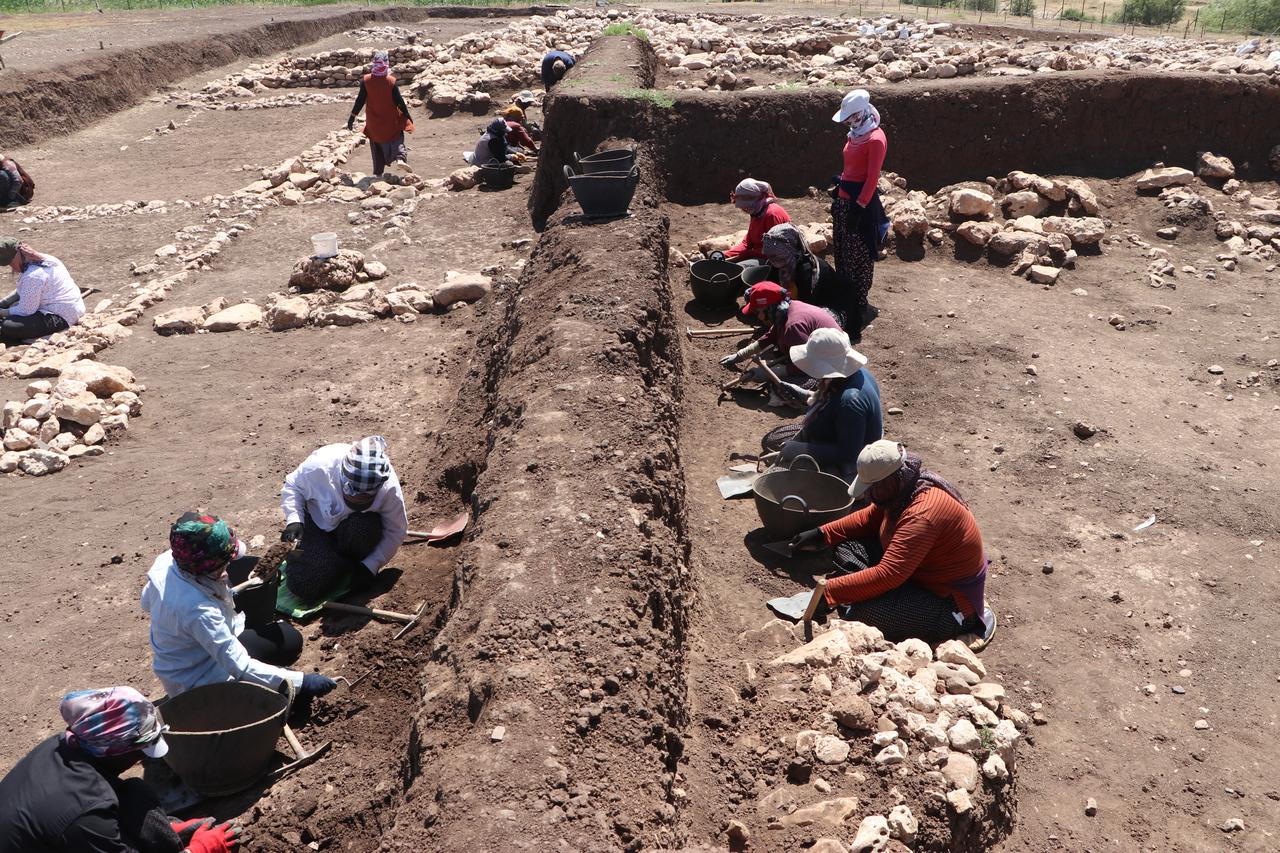
In the heart of southeastern Türkiye’s Diyarbakir province, 32 women who once worked as seasonal agricultural laborers are now contributing to one of the world’s most significant archaeological projects. The excavation site at Cayonu Tepesi (Mound or Hill) in Ergani, which dates back 12,000 years, is revealing clues about the region’s transformation from a society of hunters and gatherers to one of settled farmers.
The site, among the earliest locations in the world where agriculture began, continues to provide essential data about human history. Under the leadership of Associate Professor Savas Sarialtun from Canakkale Onsekiz Mart University’s Faculty of Applied Sciences, the current excavation is staffed by 37 laborers and 14 archaeologists. Remarkably, the majority of both groups are women—32 of the workers and eight of the archaeologists.
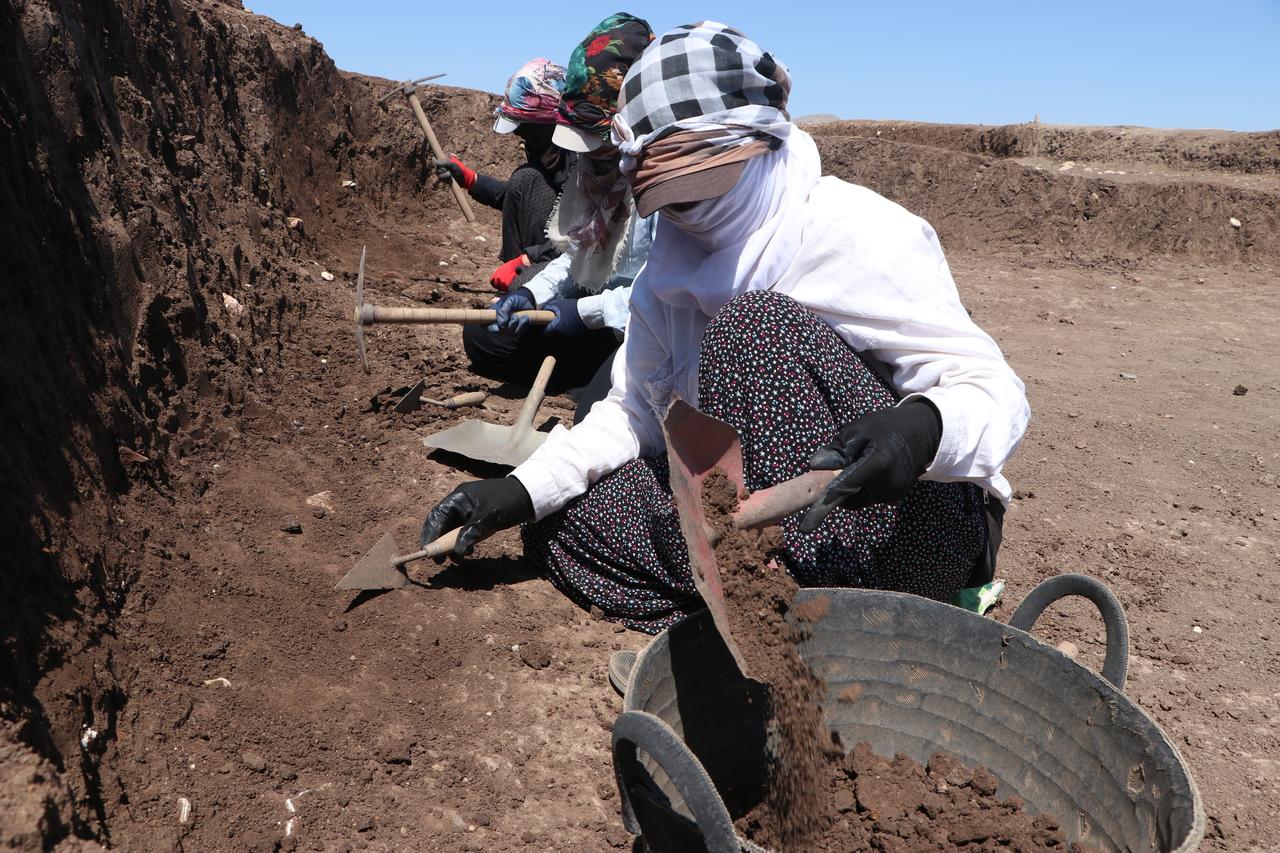
According to Sarialtun, Cayonu Tepesi has long held a prominent place in the archaeological record for its contribution to the understanding of humanity’s shift from nomadic to settled life. He noted that the excavation was originally launched in 1964 by renowned Turkish archaeologist Professor Halet Cambel, who not only advanced the field but also introduced initiatives aimed at supporting the local community.
This local focus remains central to the project today. Many of the women currently working at the site come from nearby villages and towns. Their backgrounds in farming give them a familiarity with soil that proves valuable in archaeological work. Sarialtun described them as highly skilled at carefully sorting through the earth to isolate ancient finds, much like they previously sorted rice and bulgur at home.
“These women are used to working the land,” he said. “Today, they are not harvesting crops, but uncovering history. They contribute both to science and to their families’ livelihoods.”
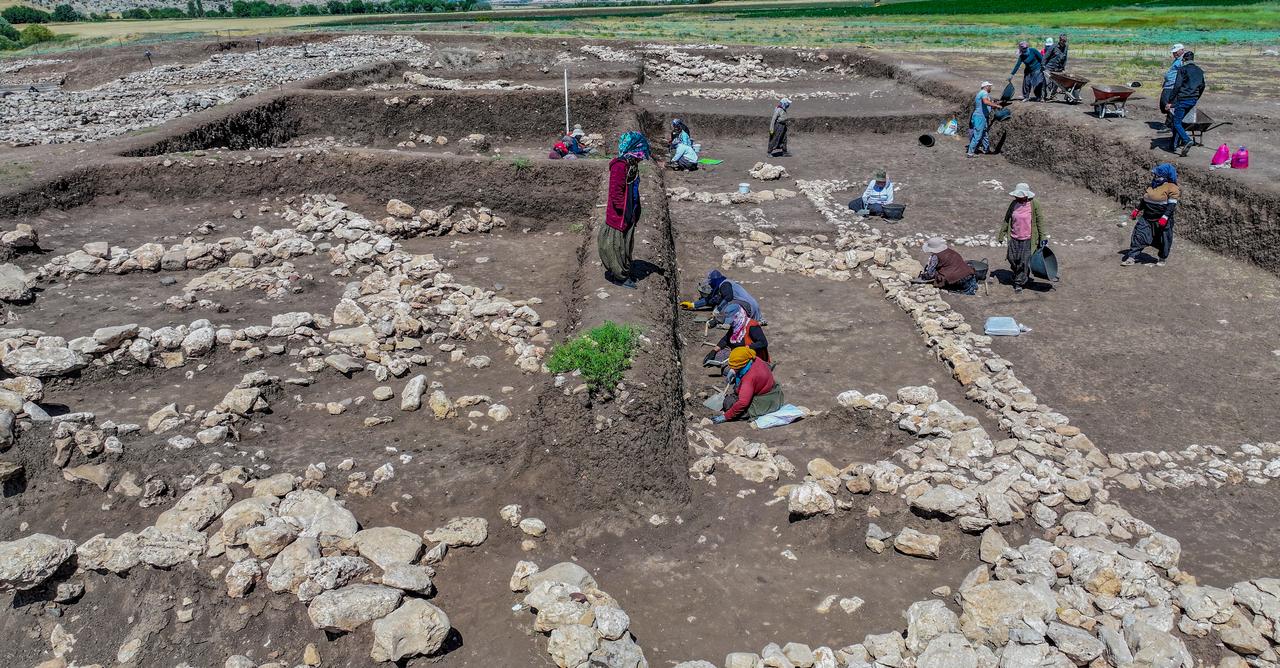
Work begins early in the morning, with many women heading home by midday to care for their children. This balance allows them to stay close to home and avoid long commutes to seasonal farming jobs in distant provinces. They report feeling empowered by their new roles and proud of contributing to Türkiye’s cultural heritage.
Suna Pala, a mother of five, shared that she joined the excavation to support her family while caring for her bedridden husband. “We used to travel far for agricultural jobs,” she explained. “Now, I work in the morning and return home to my children in the afternoon. Just like we sort rice at home, we now sort soil for history.”
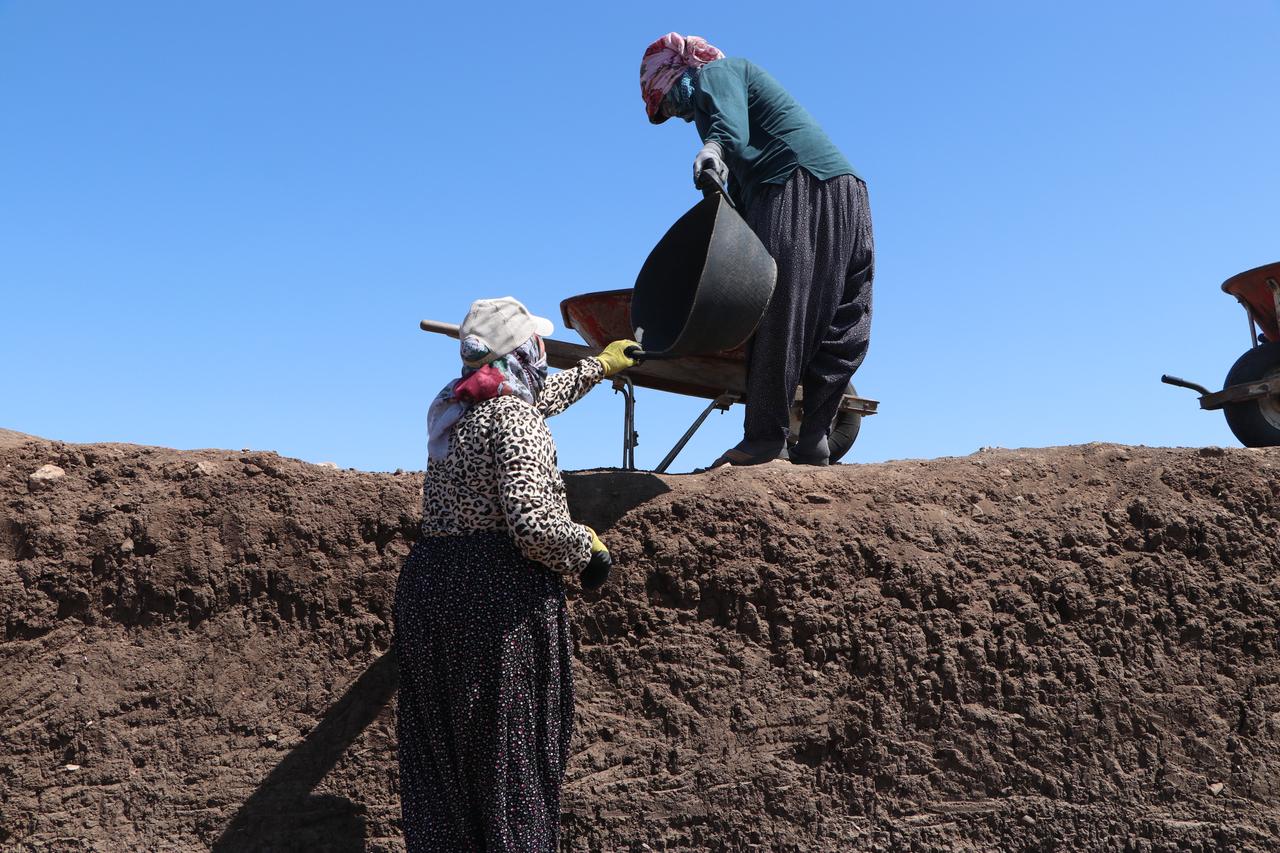
Another worker, Aysel Gezer, who previously worked in seasonal jobs across the country, expressed her happiness at being able to work close to home. She described the delicate nature of their work as “like embroidery,” saying the women handle soil with care, excited whenever they find a bead, necklace fragment, or stone earring.
“History is right at our doorstep,” she said. “And we’ve learned so much just by working here.”
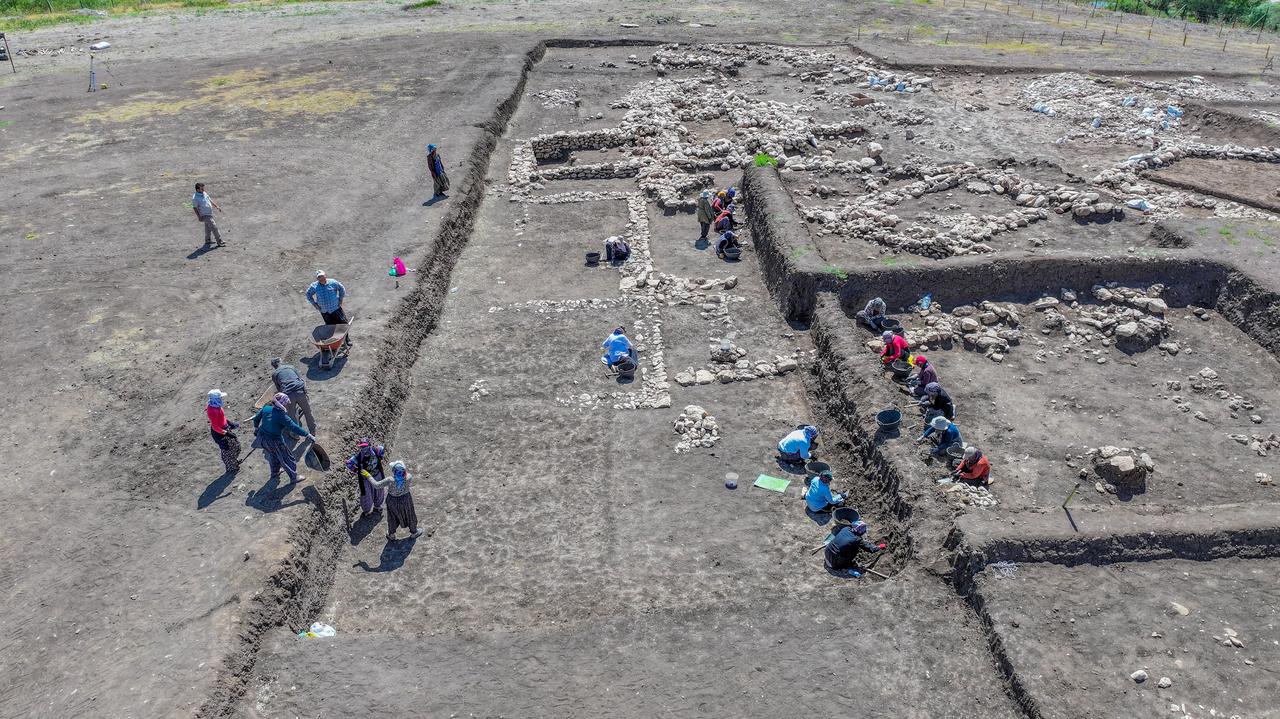
Bilhan Gok, a former livestock worker and mother of three, echoed the sentiment. Having once worked in cotton fields far from home, she now takes pride in uncovering Türkiye’s ancient past while earning income for her family.
The ongoing excavation, now in a one-month digging season, has already yielded around 60 finds. The team hopes to uncover even more as their work continues, with each discovery bringing new insights into one of the world’s oldest known settlements.